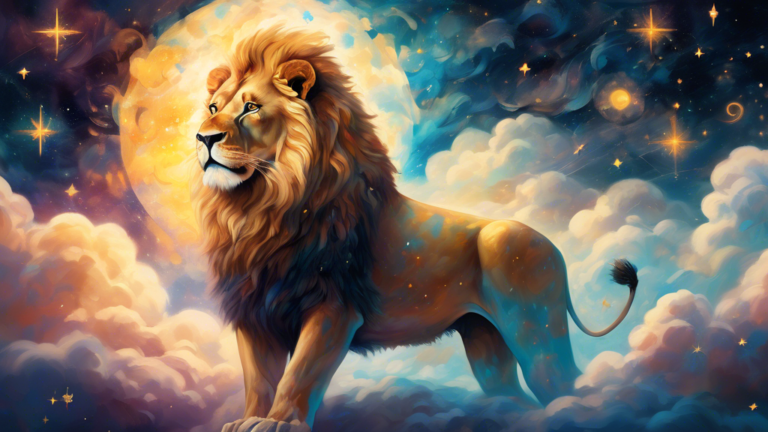Exploring the Spiritual Significance of Bulls
Introduction
The figure of the bull has held pivotal significance across various cultures globally, serving not only as a symbol of strength and fertility but also occupying essential roles in spiritual and religious contexts. This article delves into the diverse spiritual interpretations and reverence of bulls, exploring their significance from ancient mythologies to contemporary spiritual practices.
Historical and Cultural Significance of Bulls
The reverence for bulls dates back to the Neolithic period, evident from their depictions in cave paintings where they were portrayed as majestic and powerful creatures. Over time, their representation evolved, embedding themselves in the spiritual and religious narratives of many cultures.
Ancient Mesopotamia and the Bull of Heaven
In ancient Mesopotamia, the bull was symbolically significant, associated with the gods due to its strength and virility. The Epic of Gilgamesh, one of the earliest known works of literature, mentions the Bull of Heaven, sent by the goddess Ishtar to punish Gilgamesh for his arrogance. This bull was seen not only as a deity’s instrument but also as a celestial being embodying both punishment and divine will.
The Sacred Bulls of Egypt: Apis and Buchis
In ancient Egypt, the bull was revered as the embodiment of pharaohs and gods. The Apis Bull was considered a manifestation of Ptah and later associated with Osiris, symbolizing fertility and resurrection. Temples dedicated to the Apis Bull existed throughout Egypt, emphasizing its importance in both religious ceremonies and everyday life. Similarly, the Buchis Bull represented the warrior aspect of Ra, reflecting strength and aggression in its sacred role.
The Cretan Bull and Greek Mythology
In Greek mythology, the bull has multiple roles, reflecting its significance and symbolism. The Cretan Bull, captured by Hercules as one of his twelve labors, represents divine kingship and the struggle between man and nature. Moreover, Zeus transformed into a white bull to abduct Europa, which underscores the bull’s role as a divine mediator in myths and legends.
The Bull in Eastern Religions
In Hinduism, the bull, known as Nandi, is venerated as the vehicle (vahana) and the closest devotee of Lord Shiva. Statues of Nandi can often be found at the entrance of Shiva temples, signifying the bull’s importance in worship and its role as a protector. Nandi epitomizes strength, load-bearing capacity, and sexual energy, which are characteristics associated with its divine master.
Jainism and the Spiritual Symbolism of the Bull
In Jainism, the bull symbolizes many ethical and spiritual qualities, including non-violence and sexual control. It is associated with Rishabhanatha, the first Tirthankara, who preached the path of ahimsa (non-violence). The bull emblem signifies a deep respect for all life forms, aligning with Jainism’s core teachings.
The Bull in Contemporary Spirituality
In modern times, the spiritual significance of the bull continues, often symbolizing stability, reliability, and determination. In astrology, Taurus the bull is associated with practicality and reliability, mirroring the characteristics of the animal itself. In various cultural festivals, such as the Running of the Bulls in Spain, bulls are still central figures, although the contexts of these events can be controversial and straddle the line between cultural tradition and animal welfare concerns.
Conclusion
The spiritual significance of bulls traverses through history, embedding itself in religious doctrines, mythologies, and even present-day cultural practices. From the divine fields of ancient Mesopotamia to the sacred temples of India, bulls symbolize a wide array of virtues and attributes, including strength, fertility, divine authority, and spiritual guidance. Understanding the spiritual roles of bulls in these diverse contexts can provide deeper insights into how different cultures view the natural world and its inhabitants.
Exploring the Spiritual Meaning Behind Dreams of Being Strangled
Exploring the Spiritual Meaning of Bread in Dreams







